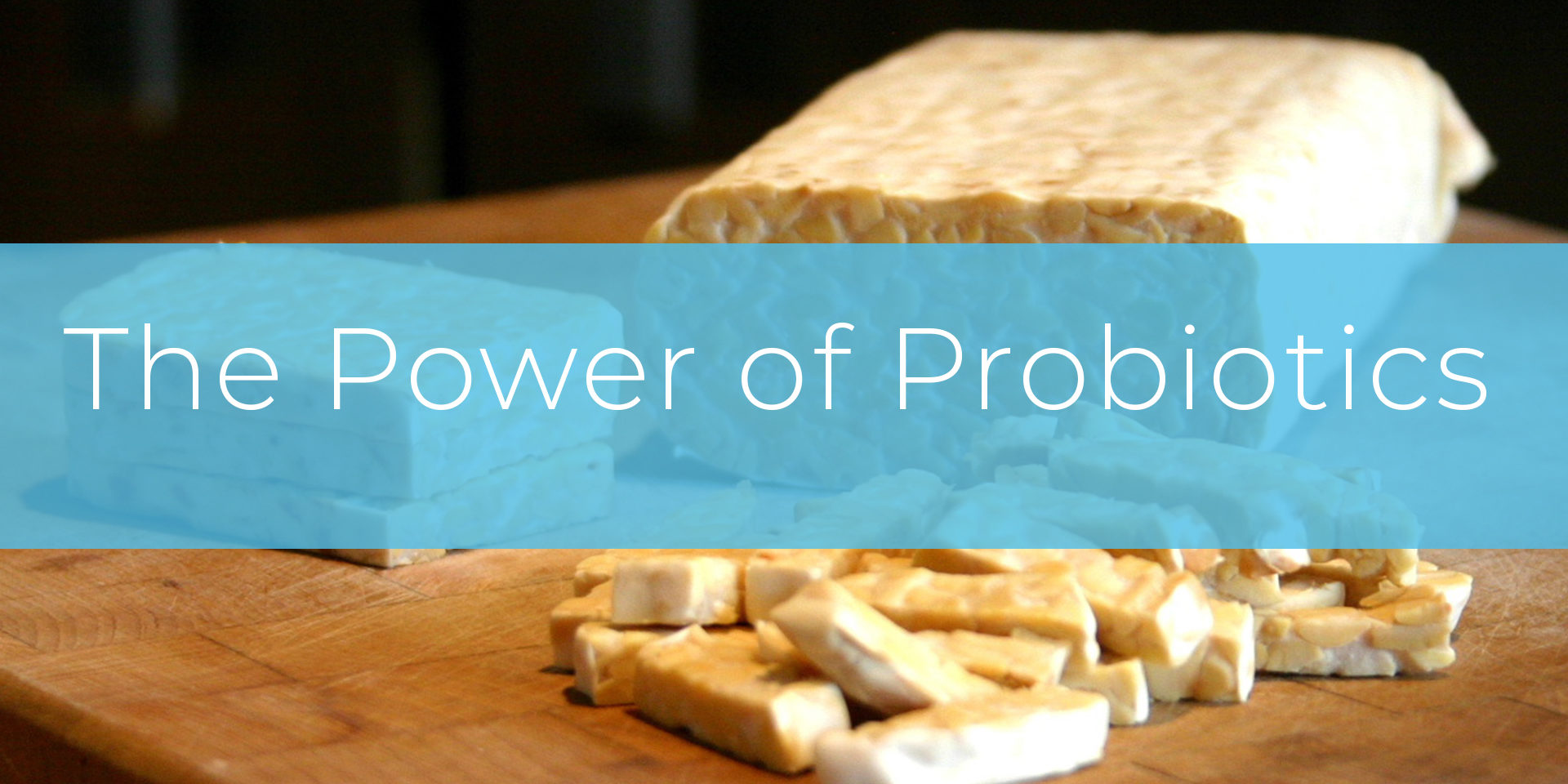Inside your body, there live billions and billions of intelligent, sentient little organisms. It may sound like creepy science fiction stuff, yet your body is teeming with tiny little life forms called bacteria. Most of them are very pleasant and helpful, while some of them can be downright nasty and pathogenic. After you finish shuddering about your body playing host to billions of little buggers, allow me to put your mind to rest with this: you can actually “train” bacteria to be your friends and support your health!
To maintain a strong immune system, you have to work on having a healthy gut. Healthy intestinal flora help to boost your immune system by keeping your gut healthy, your digestive system protected, and your foods processed and eliminated efficiently without toxic buildup. How do you keep the good gut flora up and the bad flora down? By eating healthy, probiotic-rich foods.
To keep the “friendly” gut bacteria doing the happy dance (and reproducing like randy little rabbits), eat probiotic-rich and fermented foods daily. Before you wince and complain about them smelling funky or tasting too sour, you’ve probably already tried familiar probiotic-rich foods like yogurt or sauerkraut. There’s also delicious, refreshing beverages such as kombucha, coconut kefir, rejuvelac, and kvass that are bursting with beneficial bacteria. Fermented savory foods such as kimchi, natto, tempeh, and certain varieties of pickles offer tasty, flavorful additions to your recipes while packing a potent probiotic punch. You can also take probiotic supplements, whether in capsule or liquid form. Supplements are an easy way to get your daily dose, though they’re not nearly as delicious or versatile as probiotic-rich foods.
Fermented foods, with their plethora of friendly bacteria, have a centuries-old reputation as health foods in many different cultures. New research substantiates the claim that the bacteria found in naturally fermented foods can strengthen the immune system and ward off infection, not just in the digestive tract, but throughout the entire human body.
Recent research published in the Journal of Science and Medicine in Sport found that New Zealand athletes had about 40 percent fewer colds and gastrointestinal infections when they took a probiotic compared to when they took a placebo. Other research has found that probiotic supplements may greatly lower the risk of an antibiotic-resistant superbug, Clostridium difficile, which is increasingly common in nursing homes and hospitals and named by the Centers for Disease Control as an “urgent threat” in their 2013 report on antibiotic-resistant infections. C. difficile can cause severe diarrhea and life-threatening inflammation of the colon.
However, probiotics may not be safe in people who are severely immunocompromised. Make sure to speak with your doctor if you want to use a probiotic to ward off antibiotic-associated GI troubles. If you’re just trying to ward off whatever nasty stuff is floating around, I suggest you try a vegan probiotic supplement containing the following strains for maximum benefit: Saccharomyces boulardii, Lactobacillus acidophilus, Lactobacillus gasseri, Bifidobacterium bifidum, and Bifidobacterium longum.
Whichever probiotic supplement you choose, it needs to be handled correctly and possibly refrigerated, as high temperatures kill some probiotic organisms.







